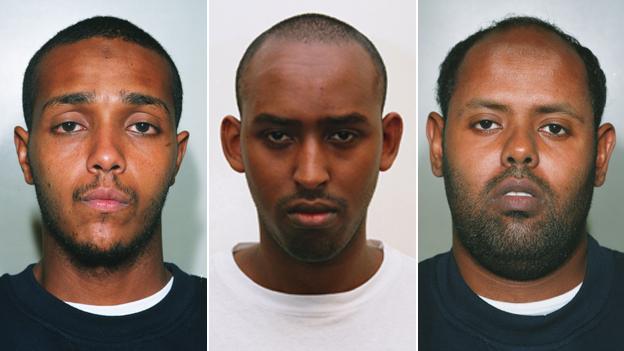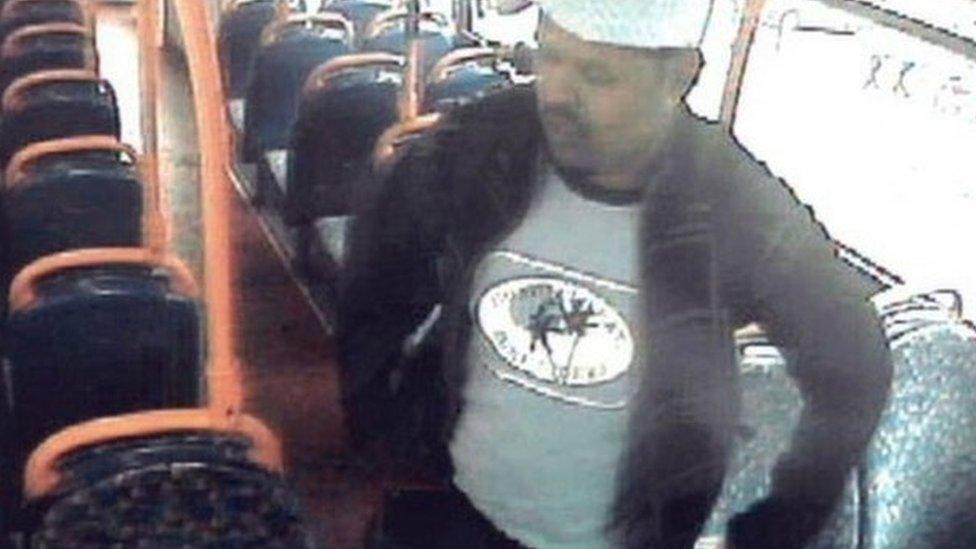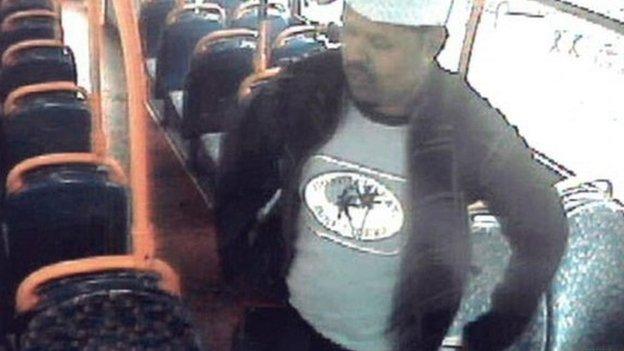Failed 21/7 London bombers lose court claim
- Published

Ramzi Mohammed, Yassin Omar and Muktar Said Ibrahim were jailed for life for the failed 21 July 2005 plot
Three of the 21/7 failed London bombers who said their rights were violated when they were arrested have had their claim rejected by the European Court of Human Rights.
The men, each jailed for life for the failed 21 July 2005 plot, said their convictions were unfair because police interviewed them without a lawyer.
But judges ruled that the police were justified because of the urgent need to protect the public.
The Home Office welcomed the decision.
The attempted attack came two weeks after the 7 July bombings in London, which killed 52 people.
Meanwhile, the court upheld a claim from another man, Ismail Abdurahman, who was jailed for withholding information about the planned attacks and helping the fourth failed bomber, Hussain Osman.
The judges said he should have been offered legal advice when he started to incriminate himself while being interviewed as a witness. He was awarded 16,000 euros for legal fees.
'Compelling reasons'
The failed bombers had targeted three London Underground trains and a bus - in an attempted repeat of the 7/7 attacks - but their devices failed to explode.
Because the bombs did not explode, police were able to recover forensic material from the scenes, while CCTV images of the bombers were also available.
Ramzi Mohammed, Muktar Said Ibrahim and Yassin Omar were each found guilty of conspiracy to murder and sentenced to minimum terms of 40 years' imprisonment.

Muktar Said Ibrahim was captured on CCTV on a bus
After their arrests the men were questioned by police in what are known as "safety interviews", as detectives tried to establish whether there was any further risk to the public.
The men complained that they did not have access to lawyers at that point.
But judges in the Grand Chamber of the European Court of Human Rights said the police were justified in carrying out the interviews of the three men without lawyers present because of the urgent need to protect the public from possible suicide attacks.
In the ruling, they said: "The police had been operating under enormous pressure and their overriding priority had, quite properly, been investigations and interviews to obtain as a matter of urgency information on any further planned attacks and the identities of those potentially involved in the plot."
The judges said there were "compelling reasons for the temporary restrictions" of the three men's right to legal advice.
The court was also satisfied that the proceedings as a whole in respect of the three men had been fair, it said.

Unexploded bomb-making material was left on the floor of a Tube carriage
Responding to the decision, a Home Office spokesman said: "Had their plot been successful, it would have had devastating consequences.
"We are pleased that the Grand Chamber has agreed with the British courts and has rejected the appeal of the three bombers. They remain behind bars where they belong."
The spokesman added that the Home Office was "disappointed" with the decision made about Abdurahman.
He added: "Although this does not overturn his conviction for this serious offence, we will now carefully consider the implications of the judgment for our procedures in this type of case."
- Published3 June 2015

- Published16 December 2014
